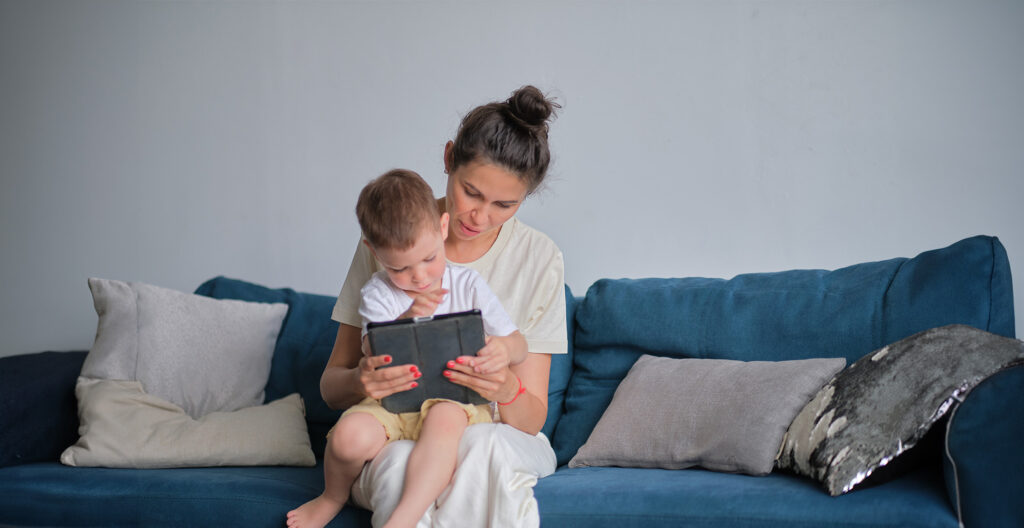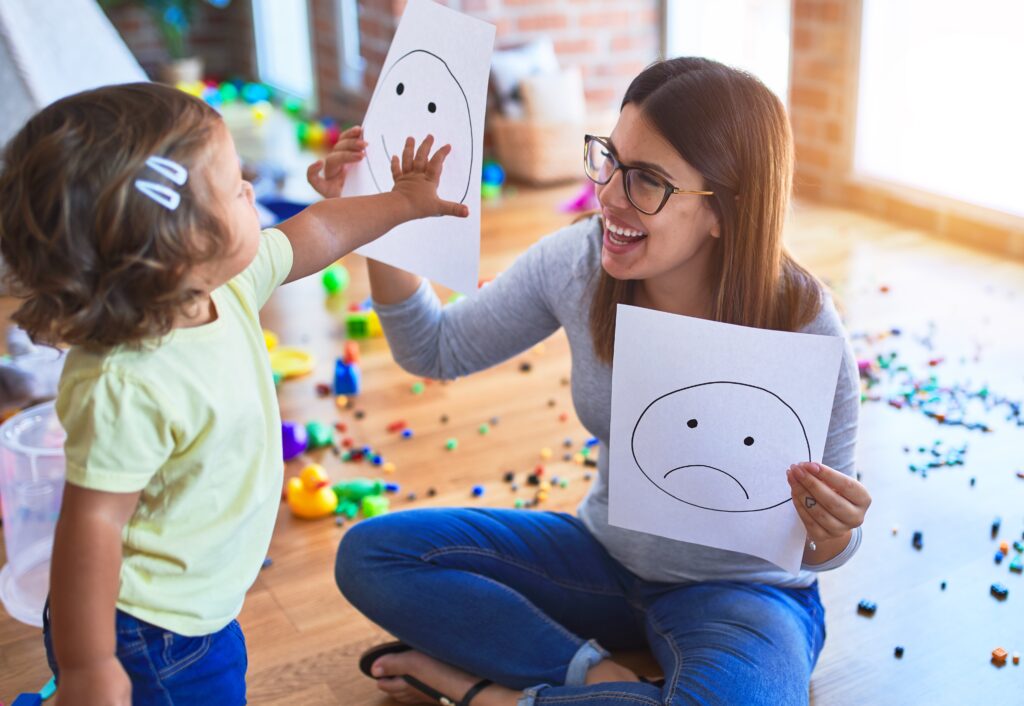The concept of mindfulness has gained a lot of attention in the past couple of years and can be beneficial in a lot of different ways for a lot of different people. It can also be a useful tool in providing support to your child or teen.
What is mindfulness?
Mindfulness is being fully present in what is happening in the moment without judgment and being in tune with our thoughts, emotions, behaviors, and bodily sensations. It is when we are using our senses to become more aware of what is happening in the world around us. To practice mindfulness is to focus on one thing at a time in any given moment. Mindfulness requires us to slow down and really look at what a situation requires before responding or reacting. This allows us to make better decisions with what is actually happening instead of reacting based on our emotions.
How is mindfulness helpful?
Mindfulness helps us become more aware of what is happening around us instead of living on autopilot. How many times can you think of driving to work and having no idea how you got there? Or finished a meal and can’t remember what it really tasted like? Or had an outburst of emotion with no awareness of where it was coming from? When we are stuck in our minds with our thoughts we are missing out on the world around us. Mindfulness allows us to be more active participants in our lives and make thoughtful, rational decisions. Studies show that practicing mindfulness is helpful to reduce stress and anxiety, but it can also improve relationships and increase our quality of life.
We can practice mindfulness in many different ways. Being mindful in itself is practicing mindfulness, but we can also make simple changes to our daily routine like following along to a guided meditation, mindfully eating our meals, and tuning into our bodies to identify what we are feeling at any given moment by using a body scan. There are endless resources available for how to practice mindfulness.

How can I use this in my parenting?
More often than not parents jump to problem solving mode when their children are struggling. This is normal as one of the main jobs as a parent is to protect. However, when we jump to solve the problem we are taking the opportunity away from our children to solve problems independently and learn how to tolerate distress, regulate their emotions, and overcome adversity. Children and teens learn how to navigate the world by watching how their parents interact with the world. By practicing mindfulness you are modeling healthy ways to respond to distress and challenges.
When we use mindfulness we are being fully present and looking at the task or issue at hand without judgment. We are viewing the situation, gathering information, determining how we feel about the situation which allows us to slow down in the moment to fully process what is happening. When your kids are coming to you looking for support they are not always looking for a solution- in fact this is very rare amongst adolescents and teens. Teens often refrain from sharing certain aspects of their lives with their parents in fear of judgment, criticism, or punishment. When we show up with our full attention and free from distractions we are practicing mindfulness because we are really listening to them. Can you think of a time in a conversation you were rehearsing what you were going to say instead of actually listening to the other person? Stephen R. Covey’s book talks about this very idea in his book, “The 7 Habits of Highly Effective People” when he says, “the biggest communication problem is that we do not listen to understand, we listen to reply.”
Being more mindful allows us to notice their facial expressions, posture, tone, and what they are really saying without being preoccupied with what we are going to say back. This creates barriers in communication because it now becomes about us instead of them. When your teen is struggling they want to feel heard, valued, and validated in their emotions instead of needing to hear the “right” response from you.
The next time your child approaches you with a problem, allow yourself to be curious, ask questions, and clarify what you are hearing from them. Then ask them what they need from you. It may be nothing or it may be advice on how to navigate this problem or how you might handle it. Either way, they are learning that they can trust you because you are fully showing up for them without judgment.
Please call our intake team at (619) 330-9500 to learn more about mindfulness or to inquire about scheduling an appointment today!








